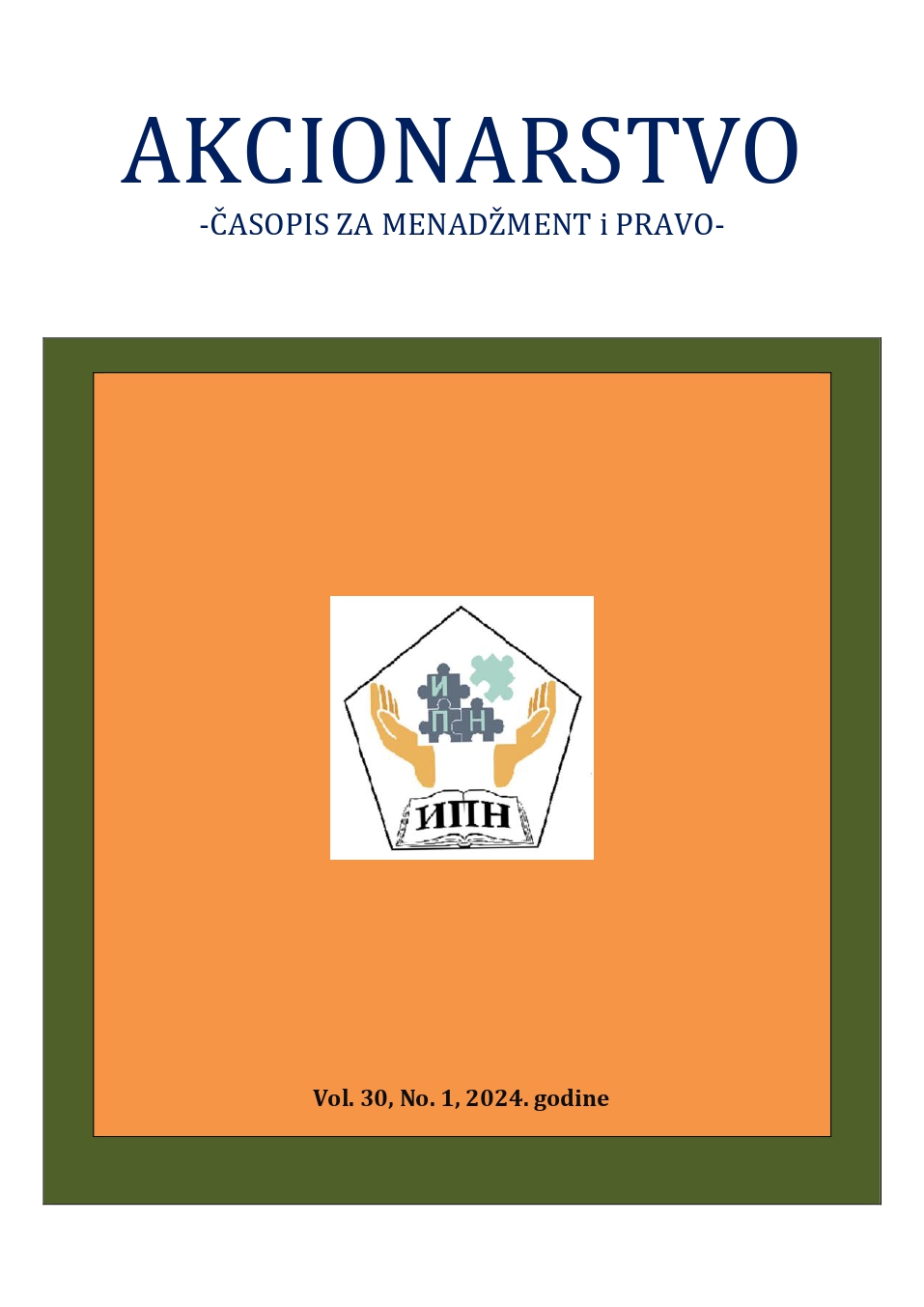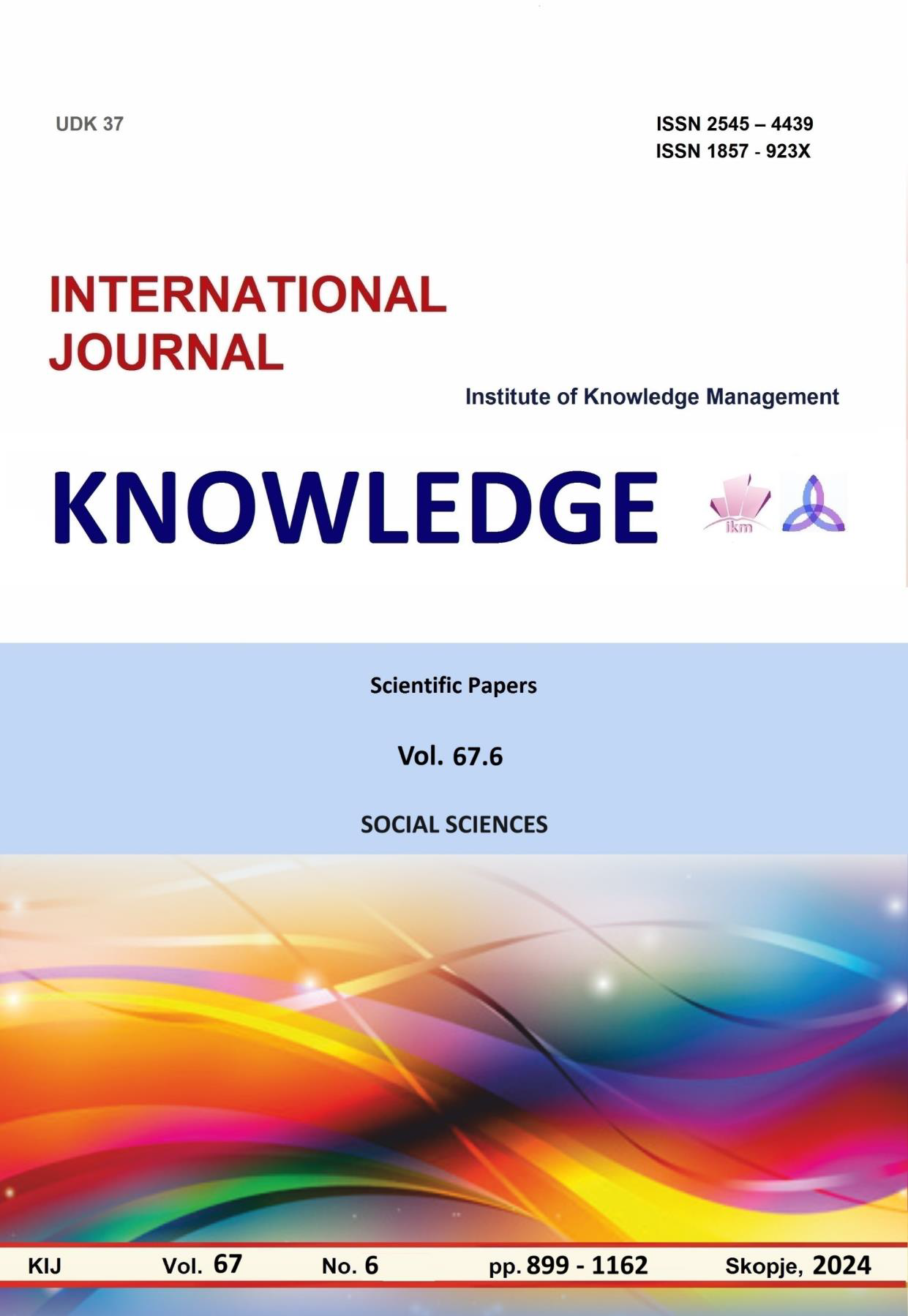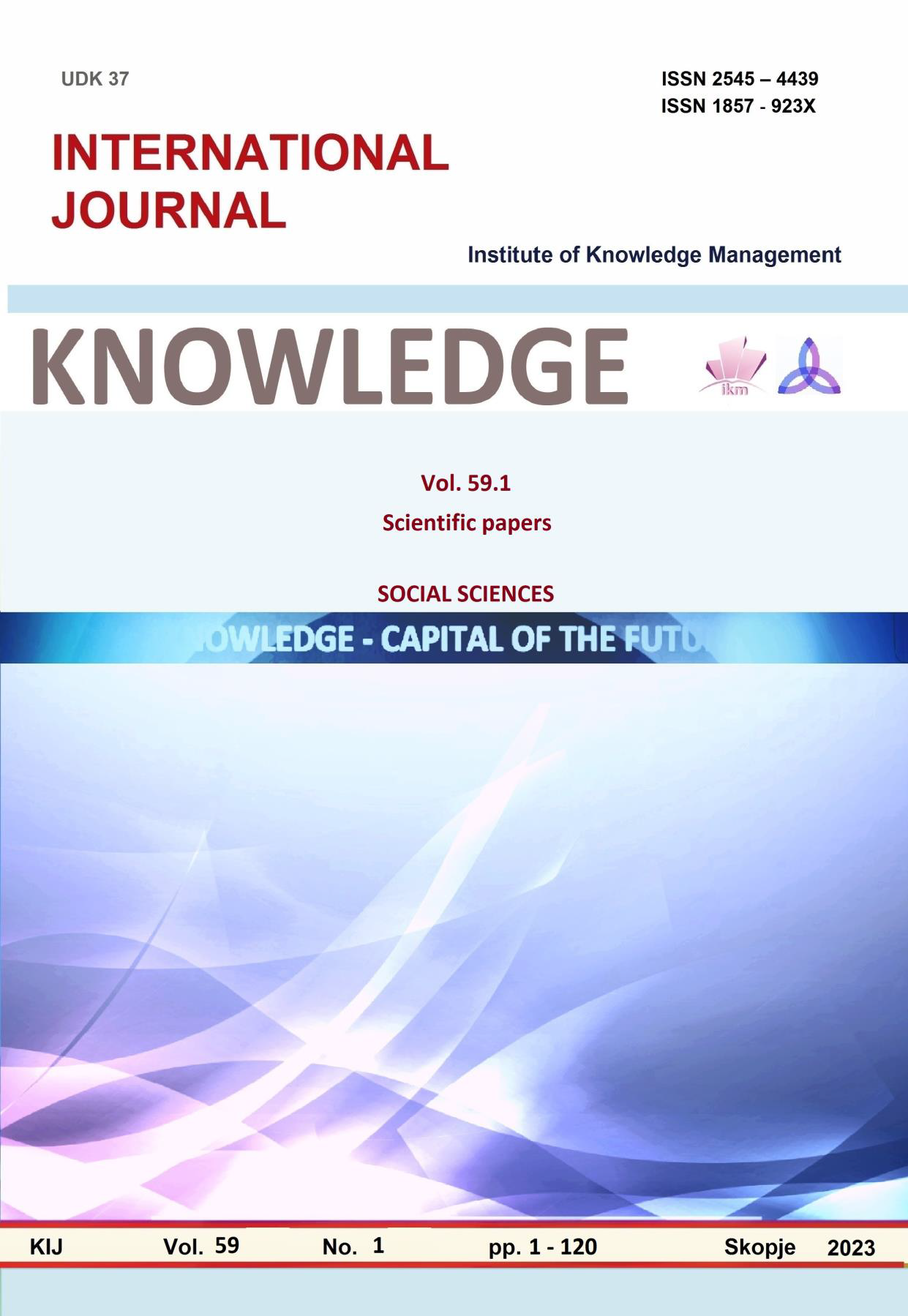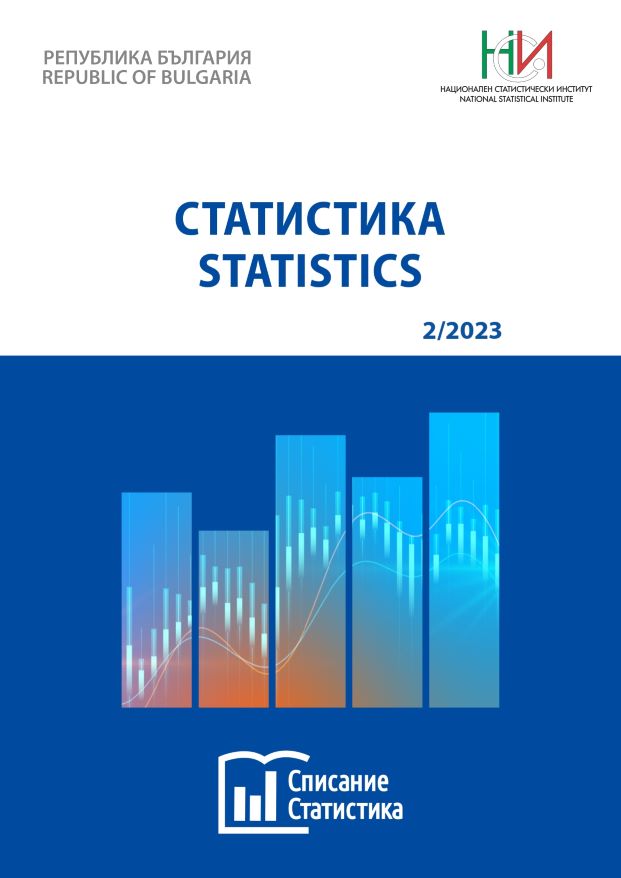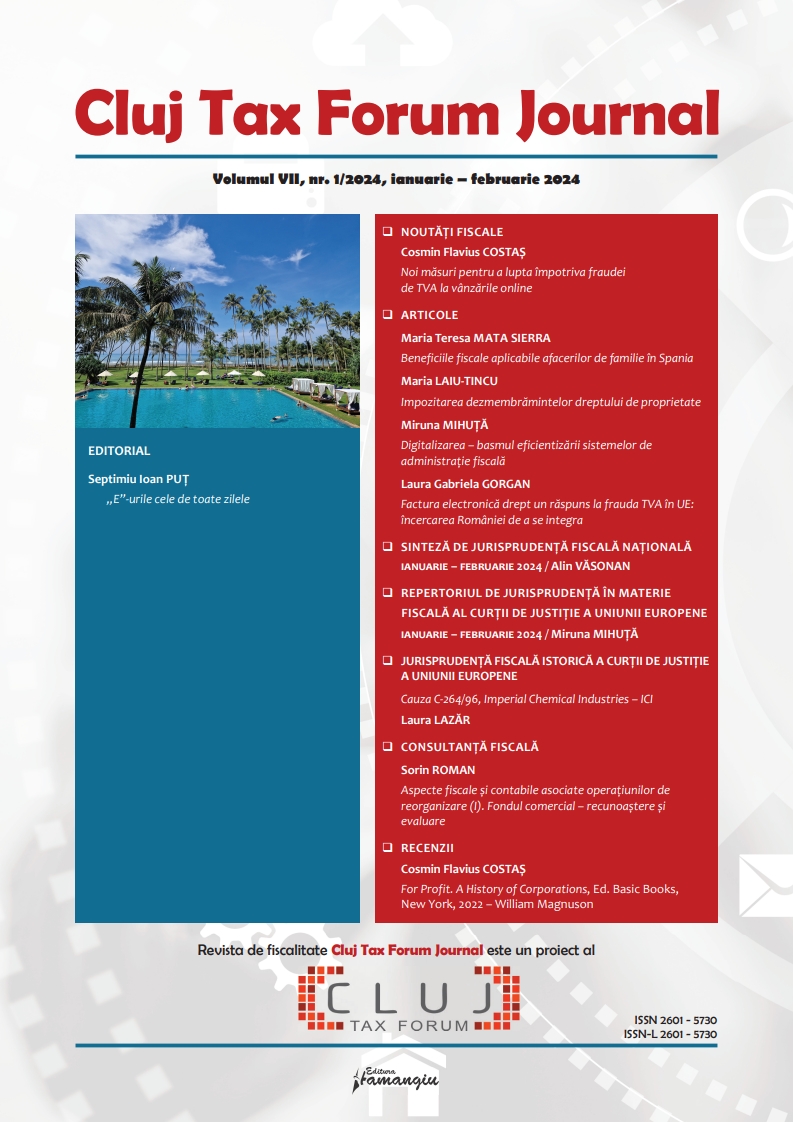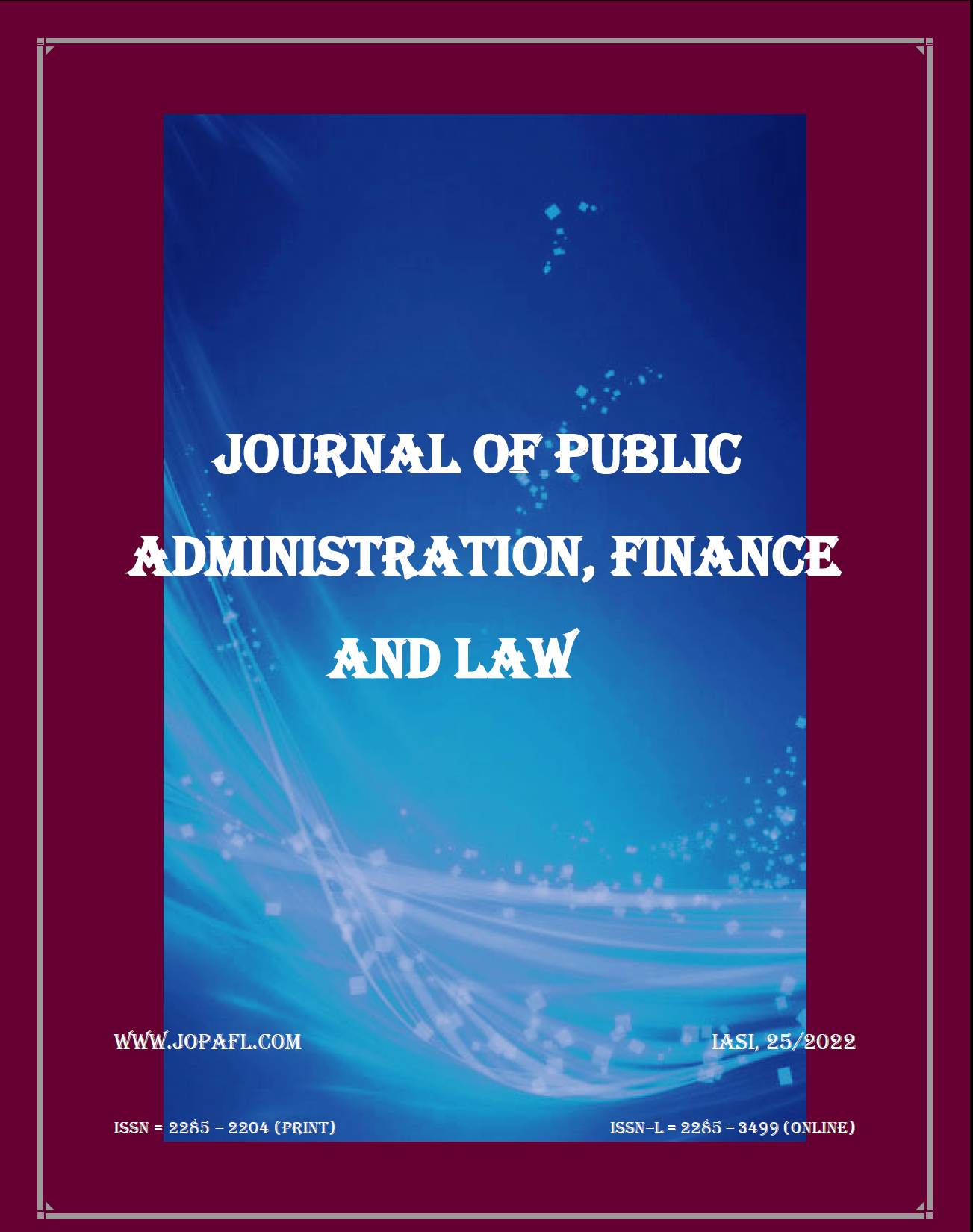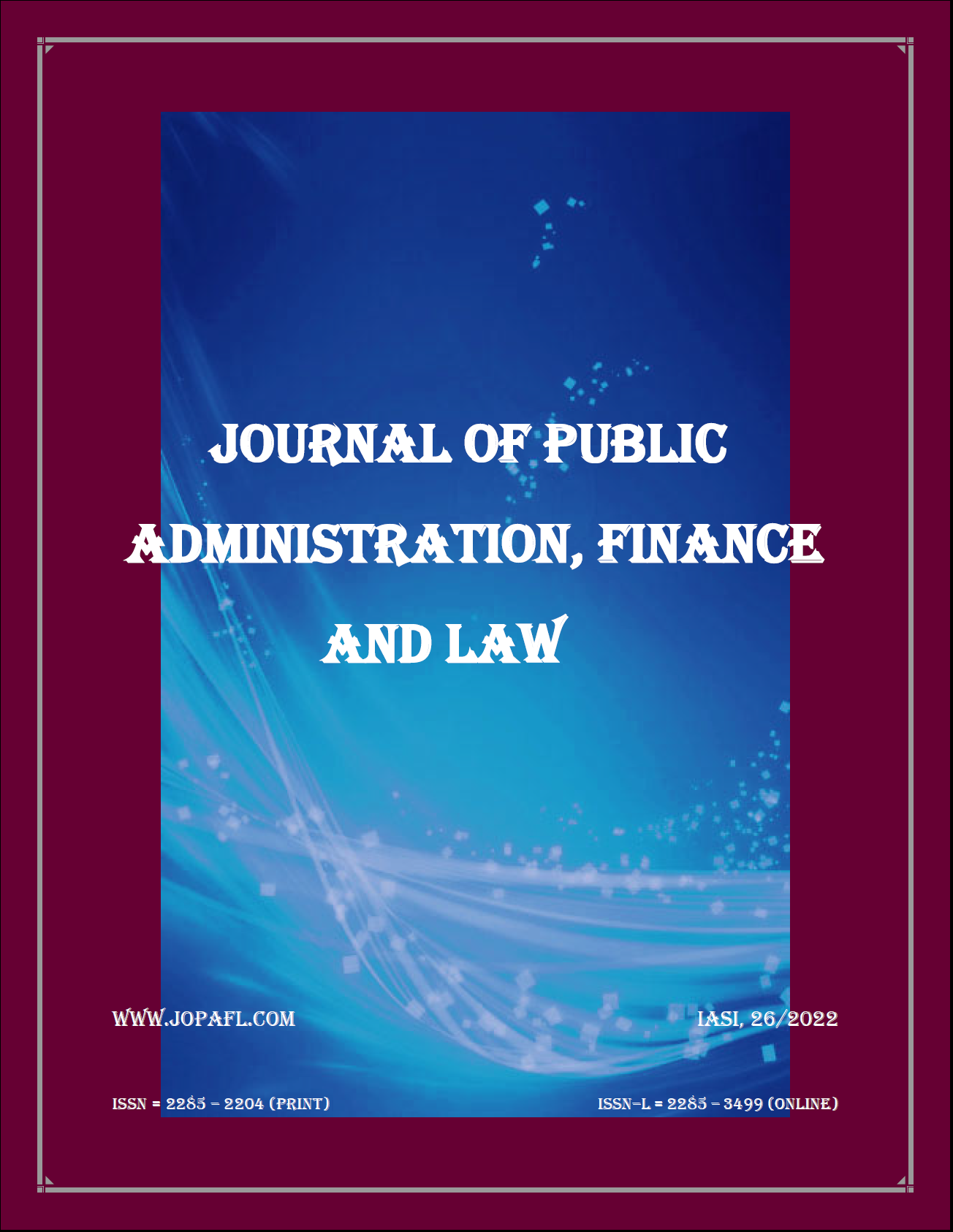Author(s): Elena Parnardzieva Stanoevska,Savica Dimitrieska,Andrijana Bojadzievska Danevska / Language(s): English
Issue: 1/2024
Artificial intelligence is a technology that enables computer systems to simulate human intelligence. Machines can now perform tasks previously treated as exclusive to human cognitive skills. Artificial intelligence focuses on intelligent skills, such as reasoning, decision-making, performing complex tasks, generalizing, learning, creativity, learning from past experience, and discovering something new. In some areas, artificial intelligence performs tasks better, faster, more efficiently, and more productively than humans. Artificial intelligence is more successful in detail-oriented work, such as work that requires quick analysis of a large amount of data, repetitive technical work, discovery of novelties, etc. In education, there is a special interest among the academic community in the use of generative artificial intelligence, which means creating something new, based on various inputs, such as text, animation, sound, 3D models, images, and other types of data. For students, artificial intelligence is important in their study, for learning and mastering the material, research, problem-solving, logical reasoning, and using chatbots (virtual tutors) that provide real-time support. For professors, artificial intelligence is important for preparing course materials, researching, engaging, and grading students in a new way. For the latter, problems occur due to cheating, distribution of misinformation, data privacy, and security, but also lack of human interaction. This paper attempts to answer the following research questions: What is the overall state of artificial intelligence in higher education? What are the perspectives of the academic staff (professors, assistants), administrative staff, and students regarding artificial intelligence applications in higher education? What are the advantages, downsides, threats, and possibilities of using artificial intelligence in higher education? Does artificial intelligence have a future in higher education? Using both primary and secondary data, the main aim is to present the results of a primary survey conducted in 2024 among the academic community (educators and students) about their experience with artificial intelligence tools. An electronic questionnaire was distributed to Macedonian higher education institutions containing open and closed questions regarding respondents' demographic traits as well as their opinions on the research issue. Respondents came from a variety of backgrounds, and they teach or study at several faculties. Collected data are analyzed with descriptive statistics and by using strengths, weaknesses, opportunities, and threats techniques. Results shows optimistic views about the future use of artificial intelligence-powered tools in higher education. Since the research is narrowed down to investigate only the perception of artificial intelligence in Macedonian higher education institutions, it can be a useful starting point for additional international research in higher education, thereby enlarging the investigation on a global scale.
More...

